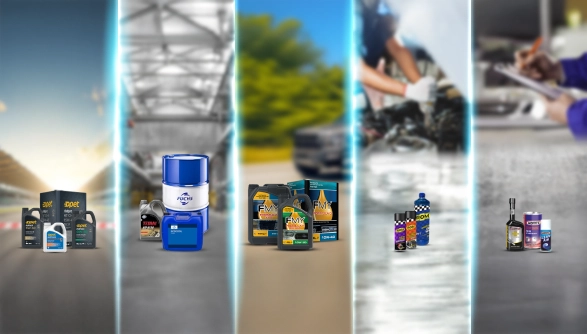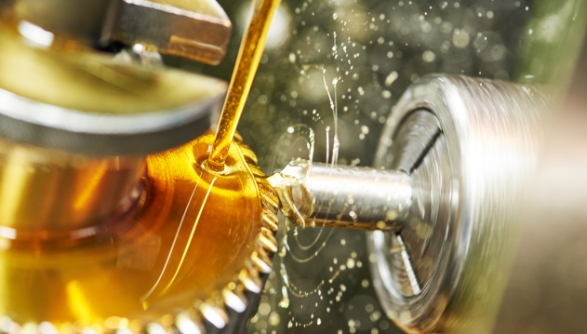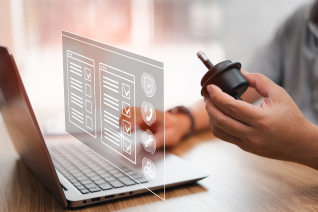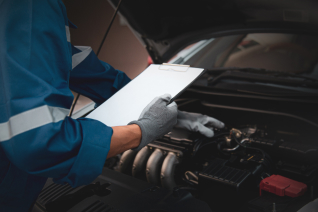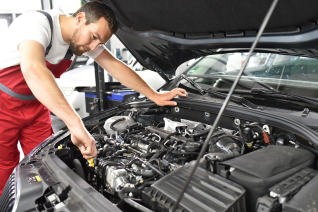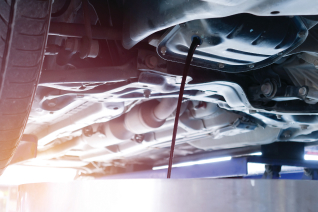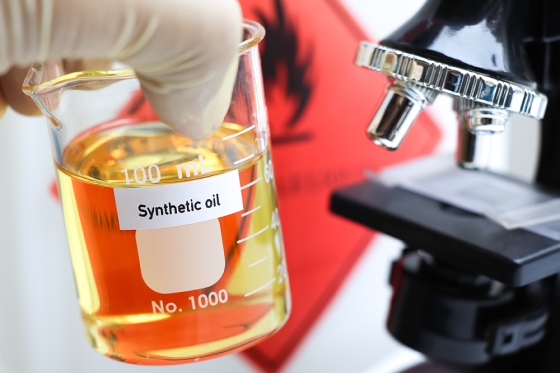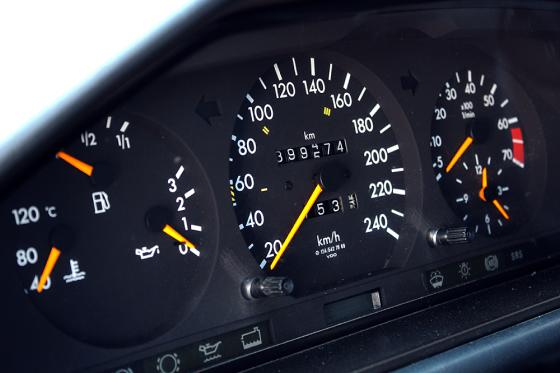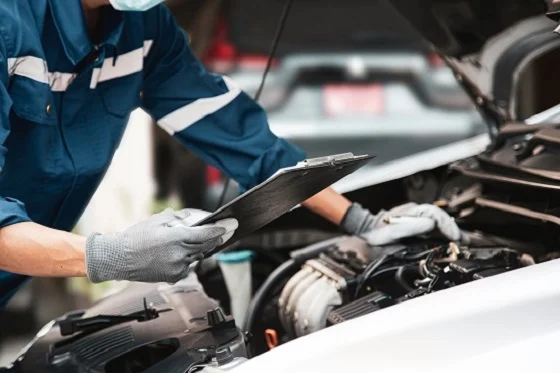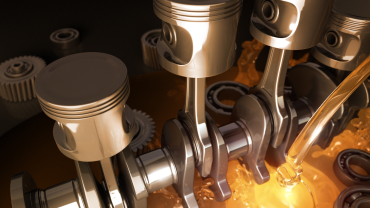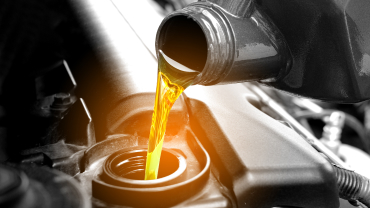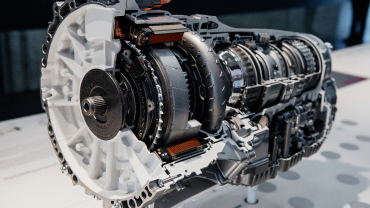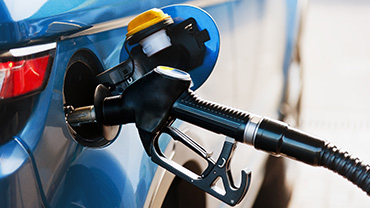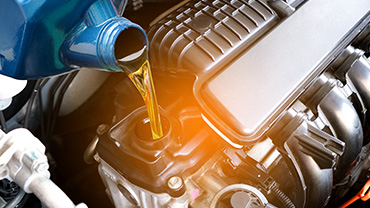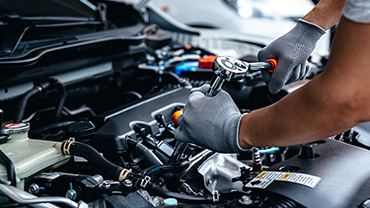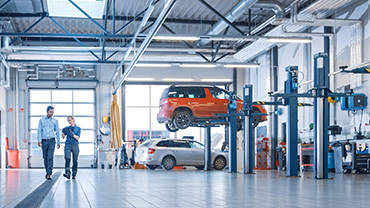Hints for Proper Vehicle Maintenance


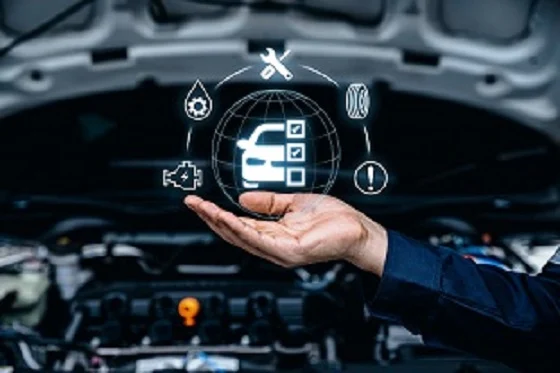
Hints for Proper Vehicle Maintenance
The key method to prolong the performance and life cycle of your vehicle is to perform regular and proper maintenance. Not performing vehicle maintenance may result in major problems over time, putting your safety at risk and causing high repair costs. So, how to perform vehicle maintenance properly? Here are some important hints for vehicle maintenance...
How to Perform Vehicle Maintenance?
Although the answer to the question “how to maintain your vehicle” varies by the model of your vehicle and the frequency of use, particular checks and procedures should be carried out regularly. Here are some basic steps to consider in vehicle maintenance:
- Inspection & Change of Engine Lubricant: The vehicle's engine requires a regular check of the engine lubricant. When the engine lubricant is missing or dirty, it becomes difficult for the engine to run efficiently. If the vehicle lubricant is not maintained on time, the engine may wear out, which may lead to serious malfunctions.
- Tire Pressure and Condition: Having the right tire pressure is important for both fuel efficiency and safe driving. Low pressure causes wear of the tires and adversely affects the vehicle's road handling.
- Checking the Brake System: Regular checking of brake pads, discs and brake fluid is a must for safe driving. Since poor brakes can result in accidents, the brake system must be regularly checked.
- Air and Fuel Filter: Fresh air and fuel are required to make sure that the engine runs efficiently. Clogged air and fuel filters reduce engine performance and increase fuel consumption.
- Battery & Electrical System: Battery life usually varies between 3-5 years. Periodically check the condition of your battery and replace it when needed.
When to Perform Vehicle Maintenance?
The reply to when to perform vehicle maintenance may vary depending on driving habits and vehicle model. As a rule, periods recommended by the vehicle manufacturer should be followed. In many vehicles, this information is provided in the user manual, but in general, it is important to pay attention to the following time frames:
- Periodic Maintenance: Periodic maintenance is generally recommended at every 10,000-15,000 kilometers or once a year. In this maintenance, engine lubricants and filters are changed, brakes, suspension and other mechanical components are checked.
- Seasonal Maintenance: During seasonal transitions, especially before the winter and summer, the air conditioning, cooling system and vehicle tires should be checked.
- Before a Long Trip: If you are planning a long trip, it's important to have all of your vehicle's critical systems checked. Long-haul vehicle maintenance should include tire, brake and engine inspection.
Vehicle Lubricant Maintenance
Lubricant maintenance is critical to the smooth engine running. Vehicle lubricant maintenance is the process of checking the engine lubricant level and changing the lubricant completely if necessary. Vehicle lubricant changes are directly related to the life cycle of your vehicle and the lubricant quality, so the choice of quality lubricant should be prioritized. Do not forget to visit our website https://www.opetfuchs.com.tr/tr/opet-madeni-yaglari to take a look at the premium-quality vehicle lubricants. Regularly checking the engine lubricant level of your vehicle and changing the lubricant at the mileage intervals recommended by the vehicle equipment manufacturer also contributes to the efficient operation of the engine.
Engine lubricant can become contaminated with dirt and metal particles over time, which can result in engine wear. The type of lubricant used is also critical. Pay attention to the type of lubricant and the degree of viscosity recommended by the vehicle equipment manufacturer.
Long-Haul Vehicle Maintenance
Long trips can put your vehicle under higher stress than usual. Thus, you should take the following steps before long-haul vehicle maintenance:
- Tire Condition: Check the tread depth of tires and make sure that their pressure is at the recommended levels.
- Fluid Checks: Check the levels of fluids such as engine lubricant, brake fluid, coolant and windshield fluid and top them up if necessary.
- Light & Electrical System: Ensure that the headlights, signals and brake lights are working properly. Smooth operation of the electrical system is essential for a safe ride.
- Spare Parts: Keeping equipment such as spare tires, jacks and reflectors with you on long trips makes your job easier in case of an emergency.
Proper vehicle maintenance is the key to maximizing your vehicle's performance and safety. Regular periodic maintenance and checks before long journeys both save fuel and extend the life of your vehicle. Vehicle engine lubricant selection and maintenance is also an integral part of this process. Please keep in mind that your care for your vehicle protects you from high costs and ensures a safe ride.


